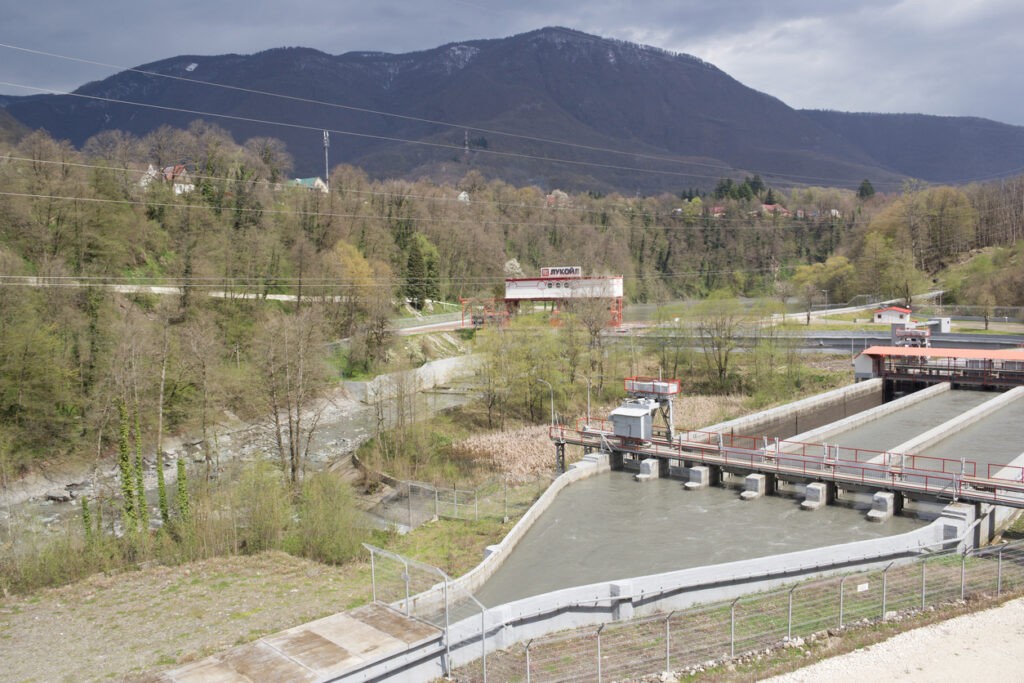Two Hydrometric Stations Open On Uzbekistan, Tajikistan Border
Two hydrometric stations have been opened along the cross-border Great Fergana Canal and North Fergana Canal, according to a report by news portal Gazeta.uz. Construction of the stations was facilitated by the Swiss government’s Blue Peace Central Asia initiative. The project was started in 2017 in response to the need for a cross-border strategy for water management in Uzbekistan and Tajikistan. The hydrometric stations were opened as part of the sixth meeting of the Uzbekistan-Tajikistan working group on the coordinated use of the transnational rivers’ water resources in Central Asia. The two countries signed a protocol on the automated computations and real-time transfer of cost data to Tajikistan and Uzbekistan from the two stations. The Gazeta.uz report claims that Switzerland has been assisting water reform initiatives in Tajikistan and Uzbekistan for nearly 20 years, employing an integrated approach to national water resources management. Blue Peace Central Asia supports the creation of guidelines for regional cooperation aimed at ensuring water security for the entire population of Central Asia. Recently, the data source Meteojurnal released statistics regarding the use of Amudarya water by Central Asian nations in 2023, based on information from the scientific information center of the Central Asian interstate water management coordination commission (Afghanistan was not taken into account). The largest user of river water was Turkmenistan, which diverted 42% of river water (20 cubic kilometers) to its own country. In second place was Uzbekistan, which used 38.4% of the river’s water (about 18.3 cubic kilometers). The next largest user, Tajikistan, accounted for 19.8% of water (more than 9.4 cubic kilometers).





